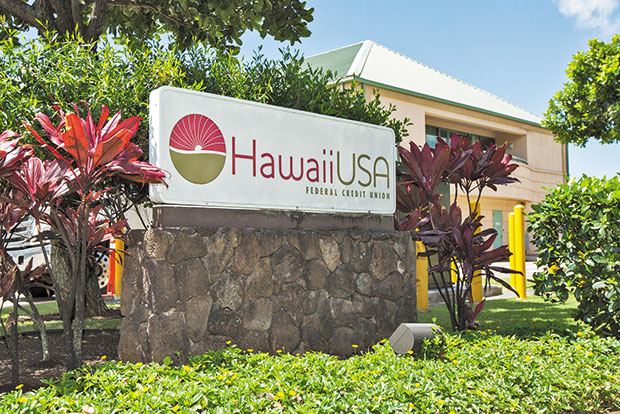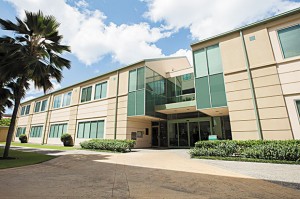The financial solution for any building project

Embracing its “life matters” philosophy, HawaiiUSA Federal Credit Union (FCU) continuously strives to understand the needs of its more than 123,000 members. For many, the need for affordable housing is great. So, when the credit union heard about a bill currently moving through the City Council designed to ease Oahu’s affordable housing crisis, the company thought you should know about it. HawaiiUSA’s senior vice president and chief lending officer Gwen Yamamoto-Lau spent a few minutes talking to the City & County’s experts to learn more about Bill 20.

George Atta
“Bill 20 was introduced by Mayor Kirk Caldwell and City Councilman Ron Menor as part of the city’s overall housing strategy to help provide affordable housing solutions to Oahu residents,” said George Atta, director of the city’s Department of Planning & Permitting. “The bill will amend current land-use ordinances by permitting Accessory Dwelling Units (ADU) to exist in residential zones.” The potential impact of ADUs is significant, as the city estimates an additional 18,000 rental units could be added to Oahu’s affordable housing supply.

Jun Yang
An ADU is an attached or detached structure built on a homeowner’s property that can serve as a long-term rental. The maximum size of the unit will range between 400 and 800 square feet, depending on lot size. These smaller sized units will ensure that rent remain affordable. Unlike Ohana Zone dwellings, an ADU can be rented to a non-relative of the property owner. They can exist island-wide, not just in designated zones, with the exception of planned communities where covenants prohibit such dwellings.
“We have been listening to residents in the community for a long time,” said Jun Yang, executive director of the Office of Housing, City & County of Honolulu. “According to our 2011 study, there is a demand for approximately 22,000 to 26,000 rental units to fulfill Oahu’s affordable housing needs between then and now (2015).”
To avoid use of ADUs for investment and short-term vacation rental purposes, there will be a minimum rental period of 60-90 days, and the property owner or official representative must live on the property. The property owner also must agree not to condominiumize the lot and sell the ADU.

According to Atta, a key benefit of ADUs is the ability to increase housing within existing neighborhoods, rather than utilizing open green space. The bill is designed to minimize disruption to the character of neighborhoods by maintaining existing height and lot coverage limits, and is sensitive to concerns about density and existing resources.
Bill 20 has received strong support in the City Council and is anticipated to pass and be in effect by the end of June. The bill’s favorable reception is likely due to the bill’s win-win objectives.
“For the first time, individual property owners can participate in the solution to increase the supply of affordable housing,” Yang said. “Beyond answering their personal needs, (by building ADUs and earning rental income) property owners will also be helping the greater community in a big way.”

HawaiiUSA FCU also hopes to be part of the solution. “Providing the right financial solution for our members to help them with their building projects is always a key objective at our credit union,” said Yamamoto-Lau. “To best serve our members, we will work to ensure that our loan programs are well-aligned with the requirements of the new Accessory Dwelling Unit ordinance,” said Yamamoto-Lau.
For more information, contact HawaiiUSA FCU at 534- 4300, or toll-free at 379-1300.
HAWAIIUSA FCU
contact // 534-4300
address // 1226 College Walk